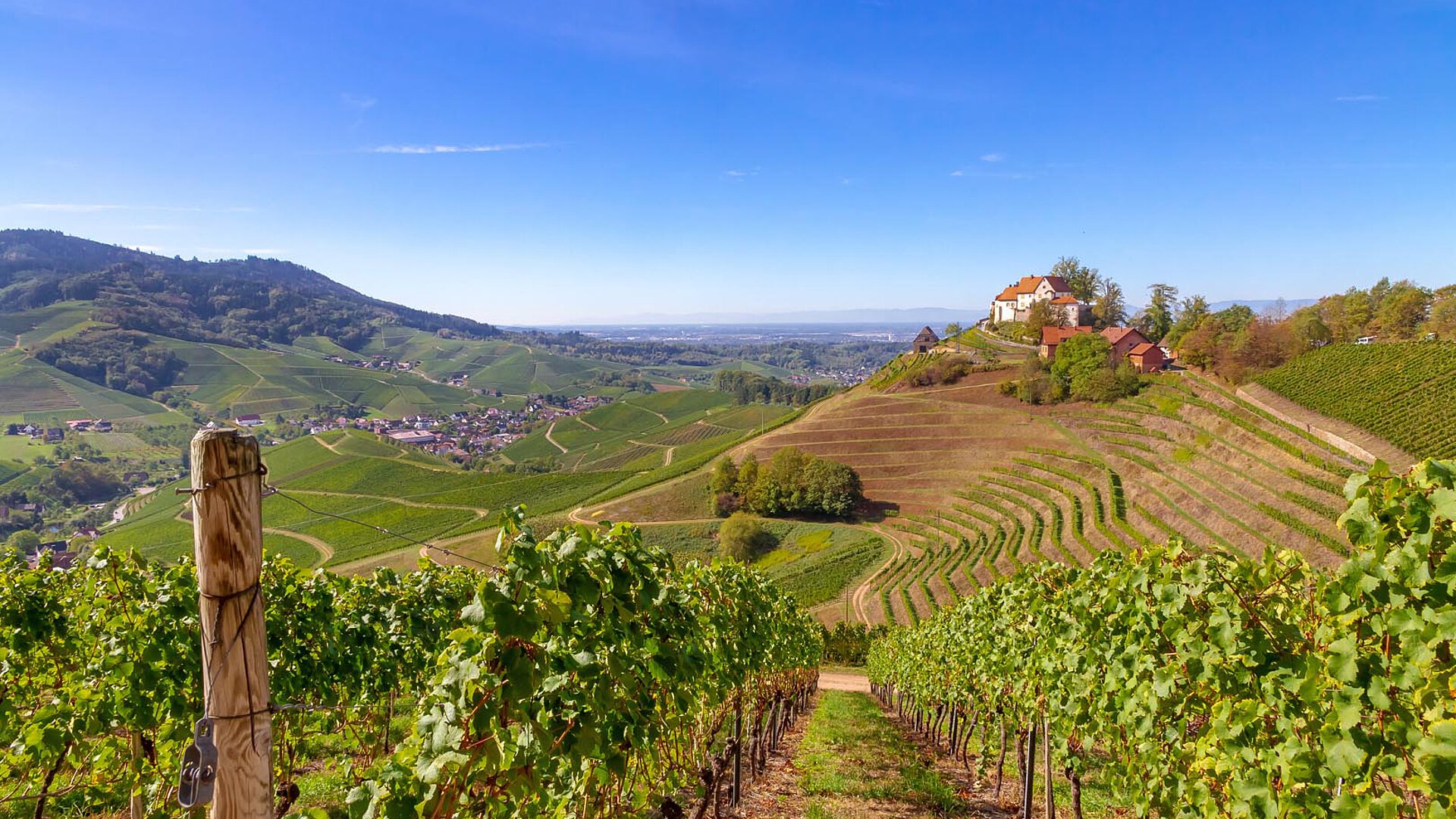Farmtravel glossary
All the Agritourism terms you need to know.
C
Cork Harvesting
- Kategorie:
- C
What's Behind the Ancient Craft of Cork Harvesting?
A specialized bark extraction process from Quercus suber (cork oak), primarily in Mediterranean regions. Portugal's Alentejo and Spain's Extremadura lead this sustainable practice that occurs every 9-12 years per tree.
Prime Regions
- Iberian Peninsula
- Portugal (Alentejo)
- Spain (Extremadura)
- Catalonia (Girona)
- Mediterranean
- Italy (Sardinia)
- France (Corsica)
- Morocco (Mamora)
- Emerging Areas
- Tunisia (Tabarka)
- Algeria (El Kala)
- Sicily (Madonie)
Harvesting Process
- Timing
- Summer months
- Early morning work
- 9-12 year cycles
- Techniques
- Manual extraction
- Traditional tools
- Skilled labor
Traditional Methods
- Tools
- Cork axe
- Extraction lever
- Marking tools
- Skills
- Precision cutting
- Tree assessment
- Damage prevention
Ecological Impact
- Environmental Benefits
- Carbon storage
- Biodiversity support
- Fire resistance
- Sustainability
- Natural regeneration
- Ecosystem preservation
- Long-term viability
Cultural Heritage
- Traditional Knowledge
- Family techniques
- Local customs
- Harvest festivals
- Social Impact
- Rural employment
- Skill preservation
- Community identity
Economic Value
- Market Sectors
- Wine industry
- Construction
- Fashion items
- Industry Impact
- Local economy
- Export value
- Job creation
Tourist Experience
- Activities
- Forest tours
- Harvest watching
- Artisan workshops
- Education
- Ecological lessons
- Traditional crafts
- Cultural heritage
Future Challenges
- Environmental
- Climate change
- Forest fires
- Disease management
- Industry
- Market competition
- Skill retention
- Sustainable practices
Cork harvesting exemplifies sustainable forestry, particularly in regions like Portugal's Alentejo and Spain's Extremadura, where centuries-old techniques maintain both ecological balance and economic viability.

